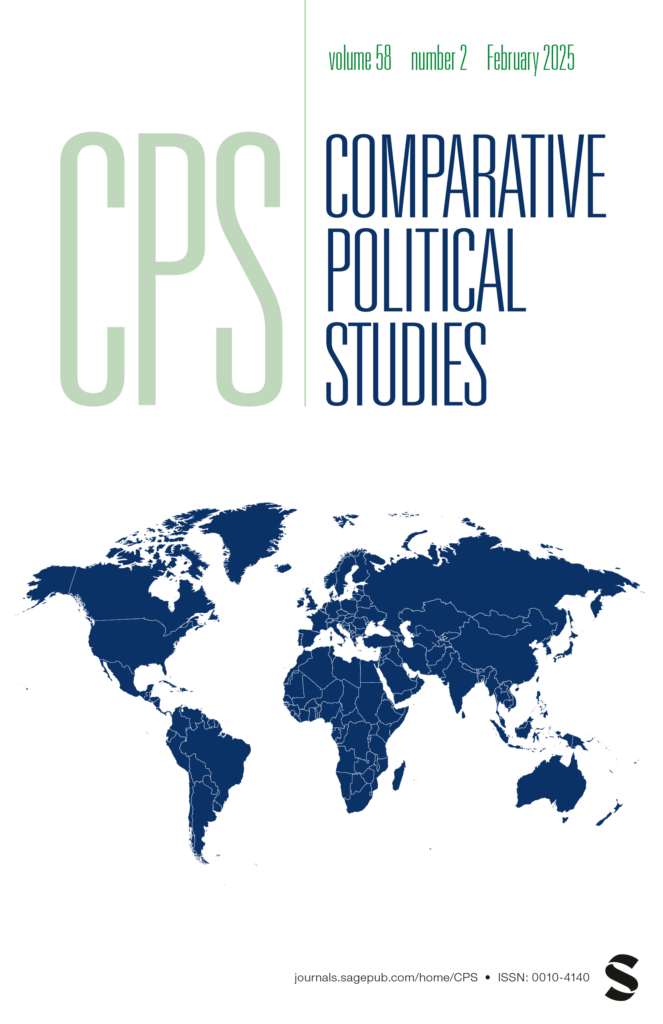Cooperation between small firms in “industrial districts,” where the production process may be radically dis-integrated, poses an important challenge to current political science theories of trust and cooperation. In this article, the author suggests that the problems posed by these districts—the existence of apparently irrational forms of trust in the political economy and of high-trust forms of cooperation in societies with low levels of interpersonal trust—may be explained if one adopts a more sophisticated institutional approach. The author shows how institutions may affect trust between economic actors and thus cooperation in two case studies of industrial districts, mechanical engineering in Bologna, Italy, and Stuttgart, Germany, and shows that empirical evidence supports the hypothesis that trust may depend on institutions and vary with institutional context.
Henry Farrell (2005),”Trust and Political Economy: Comparing the Effects of Institutions on Inter-Firm Cooperation,” Comparative Political Studies, 38, 5:459-483.
